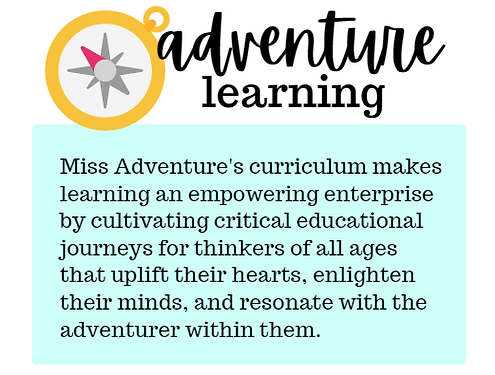Teaching Transcendence Campaign

Education must go beyond what it is now in order to become a truly liberating force. Humanization is our ends, and critical thinking is our means. Let's start transcending, y'all.

Initiatives at the heart of the campaign

Critical Mission

Anatomy of Humanity
Critical Philosophy
foundational thought for critical learning

.png)
Praxis Of By For the People
Treating our life like a story we
are writing allows us to seize the protagonist spirit within us, so each chapter of our lives can become truly novel.
Self through the Social Studies
Looking in the mirror teaches us about being human, much like how looking at other humans reveals what is in the mirror. We discover ourselves through others & in others.
Learning to ask the Critical Why
Other creatures have an under-standing of the who, what, when, where, and even how, but only humans can grasp the WHY, the greater story that transcends the facts in front of us.
Teachers don't persuade or convince. They help people discover the most useful tools at their disposable. All education is taught from this critical stance, not a false superior one.
Strategies for critically humane education

Critical Methods

Critical commitments, pledges to connect ideals to meaningful action

Humanizing Practices-
Miss Adventure aims to keep an important question at the heart of all her work— what does it mean to humanize, both ourselves and others?
Our humanity frames everything we do, and knowledge-building of all kinds, including academic subjects, can be enriched through this focus.

Critical Sight & Speech- This educational aim concentrates on the human ability to analyze and name our world prior to transforming it. Learning to look for and speak to those things that are humanizing is a powerful way to harness our natural abilities to bring about a world of greater freedom.

Transformative Knowing- Critical educators believe in transcending traditional education, an enterprise that historically focused on describing the world, because naming the world is only half the work— the most important (and most difficult) part of knowing is using it to take action in the world.


Critical commitments, pledges to connect ideals to meaningful action





.png)













.png)










.png)







.png)
.png)










